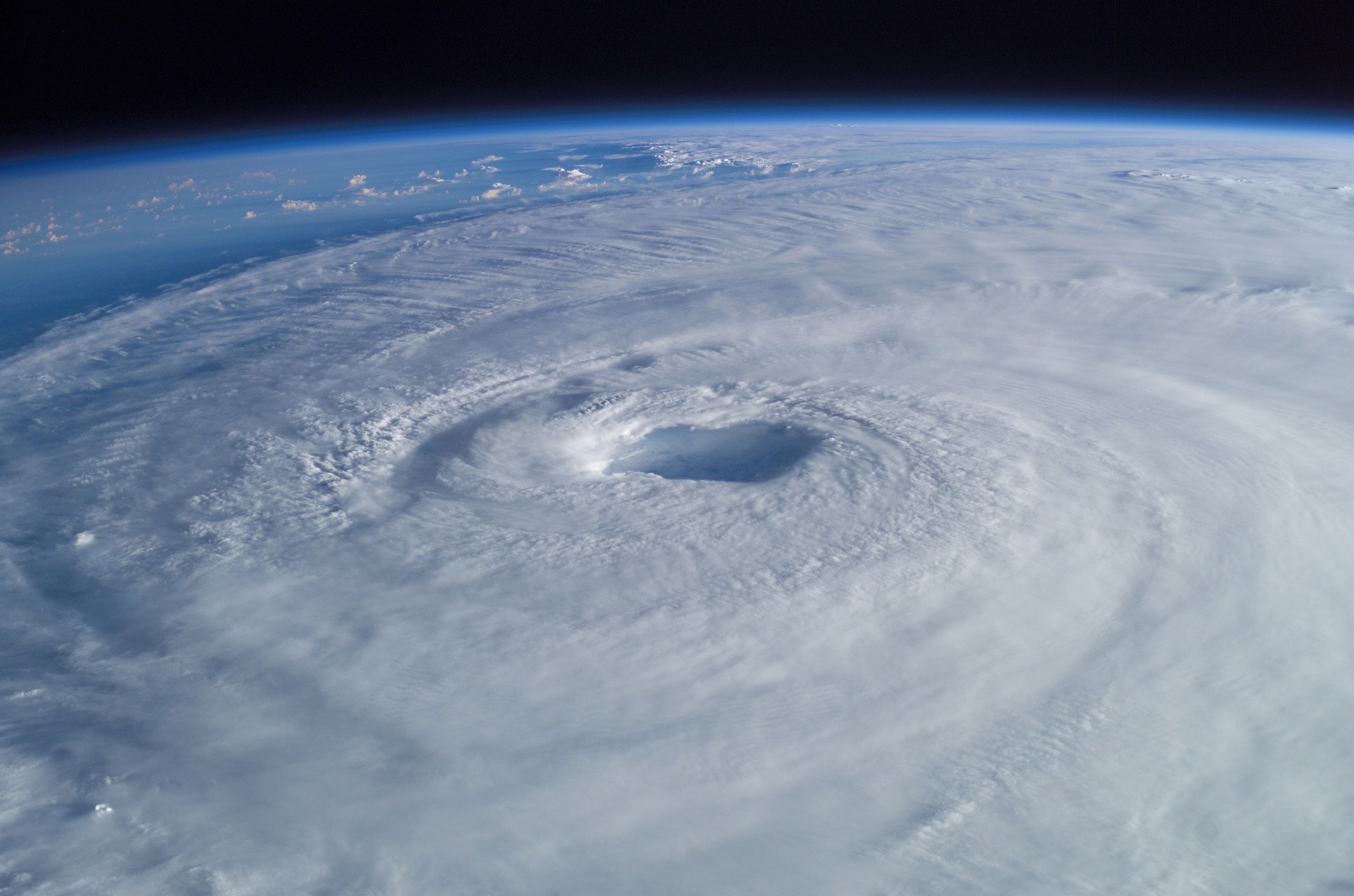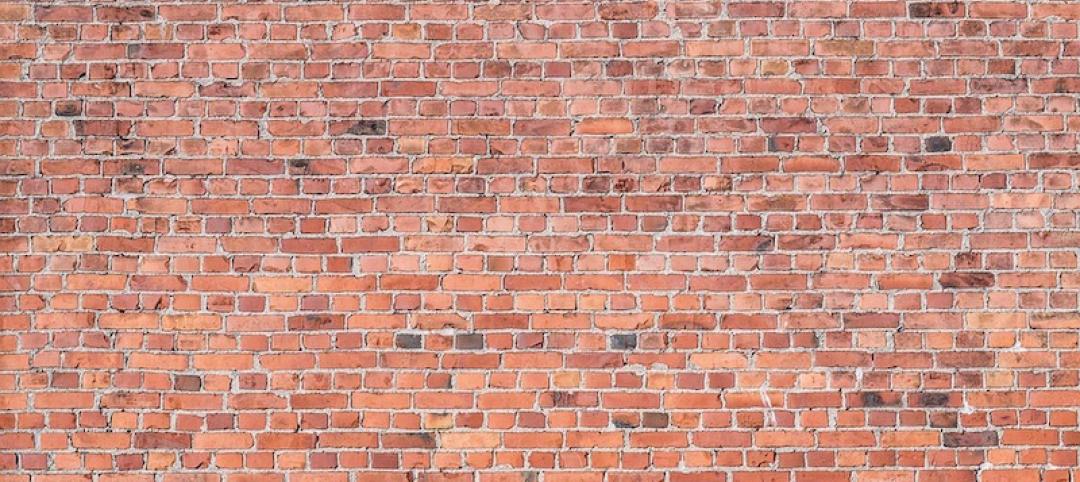Hurricane Ian struck the Southwest Florida coastline last fall with winds exceeding 150 mph, flooding cities, and devastating structures across the state.
A construction risk management expert writing for Multifamily Dive believes the projected economic damage, as high as $75 billion, will prompt the state to beef up building codes and reform land use rules. Changes may include higher elevations requirements, elevated living spaces, and mandates for concrete block framing.
Single-family and multifamily homes anchored on concrete piers may be designed with open garages to protect elevated living spaces. Building pad elevations are likely to rise.
Nearly 500,000 insurance claims have already been filed in the aftermath of Ian, with estimated losses of $4.5 billion, according to the Florida Office of Regulation. Thousands of residents are still waiting to rebuild destroyed homes.
Improved codes and regulations that yield more resilient structures will help ensure that the state will better withstand the impact of future mega-storms like Ian that are likely to strike the state again. Florida officials appear to be getting that message.
Related Stories
Codes and Standards | Mar 21, 2019
New York City contractors adding 5% to 10% to construction costs due to trade war
Tariffs on steel, aluminum, and other materials swell budgets.
Codes and Standards | Mar 20, 2019
Codes organizations to develop new guidelines on shipping containers as building components
Intl. Code Council and Modular Building Institute combine forces.
Codes and Standards | Mar 19, 2019
Plan for transformation of Lower Manhattan streetscapes unveiled
Pedestrian-friendly “Slow Streets” pilot starts on Earth Day 2019.
Codes and Standards | Mar 15, 2019
Newly developed building materials could have big impact on sustainability
Transparent wood, self-cooling walls, bricks that filter air pollutants among the technological breakthroughs.
Codes and Standards | Mar 14, 2019
U.S. and Canada differ on how to evaluate field performance of windows, curtain walls
Variations include laboratory test method for determining rate of air leakage.
Codes and Standards | Mar 13, 2019
Climate change can’t be stabilized without addressing urban sprawl
Even if power goes green, transportation will still be a major emissions source.
Codes and Standards | Mar 12, 2019
Virginia county hones new rainwater harvesting standard
Developer prompts new rules to use rainwater for heating and air conditioning.
Codes and Standards | Mar 8, 2019
Portland delays requirement for posted warnings on unreinforced brick and stone buildings
Regulation would mandate signs warning that buildings could be unsafe during earthquakes.
Codes and Standards | Mar 7, 2019
California will allow flame retardant-free building insulation
State also repeals business furniture flammability standard.
Codes and Standards | Mar 6, 2019
Sixty six construction companies cited for wage theft violations in Massachusetts
Penalties total $2.7 million.

















